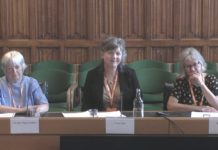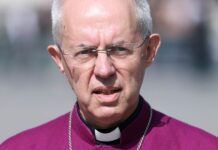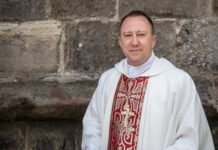The Church of England has today published its national Past Cases Review 2 (PCR2) report which includes findings from independent reviews of the 42 dioceses, Lambeth and Bishopthorpe Palaces and the National Safeguarding Team, NST.
The purpose of PCR2 was to identify both good practice and institutional failings in relation to how allegations of abuse have been handled, and to provide recommendations to the Church that will lead to improvements in its safeguarding work. The PCR2 guidance document stated that files held by the National Safeguarding Team (NST) would be included in the review and there was a commitment to ensuring independent scrutiny of the NST records. Subsequently, the PCR2 Protocol and Guidance document stated that all safeguarding casework would be included in PCR2 since the inception of the NST in 2015.
The NST executive summary contains 20 recommendations for the national team; these have been accepted in full and an action plan is now in place to manage and monitor the progress being made. While there are areas highlighted for improvement, particularly a need for a consistent response to survivors and victims, the report does note particular improvement over the last 18 months in respect of the quality and management of investigations.
Response from the Church of England’s national director of safeguarding, Alexander Kubeyinje
“PCR2 is a vital aspect of the Church’s safeguarding journey, learning from how we handled allegations of abuse in the past to inform our work for the future. I welcome all the findings highlighted in the national report as well as the specific recommendations for the national team outlined in the NST executive summary.
I particularly note the highlighted inconsistent response to survivors and victims by the NST and I know that work is going on through survivor engagement and policy to improve this. Survivors and victims must have the confidence be able to come forward, be heard and taken seriously by the Church, it is clearly something we have not yet got right, and we are truly sorry where hurt has been caused. I personally endorse the recommendation to implement a survivor’s charter which sets out the minimum standards of service and timescales that should be delivered following a safeguarding disclosure or referral.
I look forward to leading and working with all the NST as jointly we are committed to making the Church a safer place for all where people are heard and are shown empathy, compassion, and respect; safeguarding has clearly improved since the NST started in 2015, particularly in the past 18 months, but this report highlights that there is still work to be done.”



